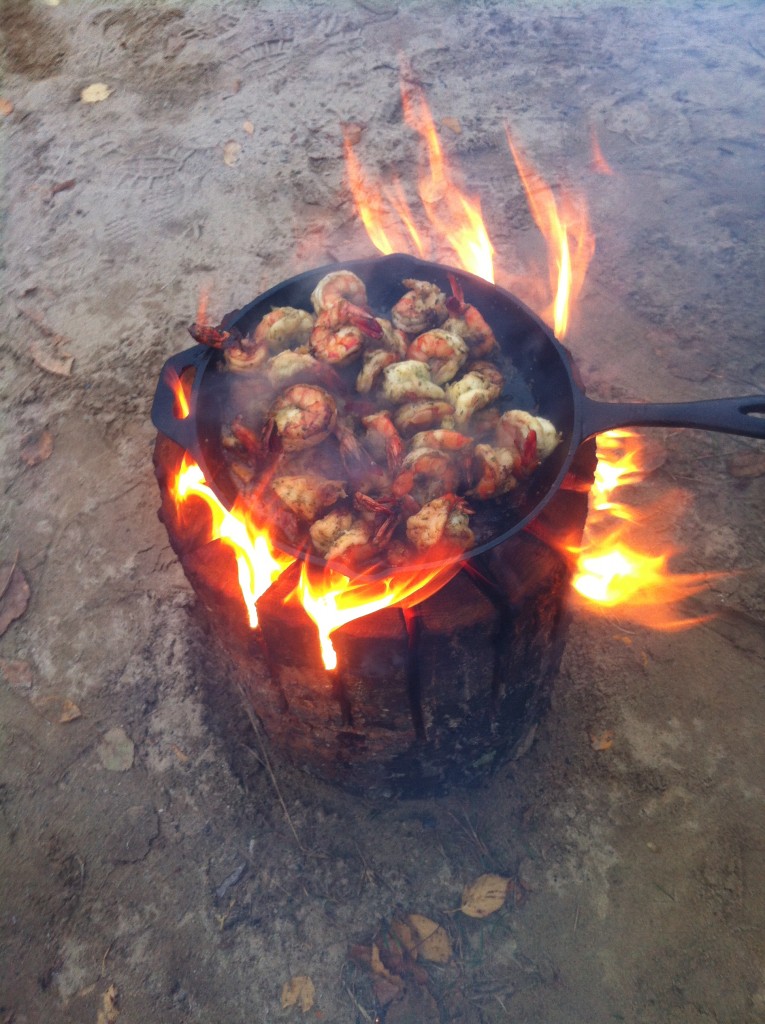
Chef Brian Schmeler is an advocate for a “craft” approach to cooking. Photo courtesy of Brian Schmeler
Guelph chef Brian Schmeler makes prepared food at Valeriote’s Market, supplies customers with raw ingredients, and is always on the lookout for what’s next. Last week in New York, he was part of a pan-Canadian team of chefs for a Flavours of Canada food promotion, at the James Beard School. He prepared hors d’oeuvres with ingredients developed by the University of Guelph and Ontario Agricultural College researchers. Those ingredients included barley…in the form of craft beer. Many Canadian beers stem from OAC 21 barley.
Schmeler observed a “craft” approach to cooking with the Canadian food being prepared, starting with great ingredients that can stand up to the minimal cooking simple food chefs employ. It may also involve some heritage type of cooking approach. For example, Schmeler finished his pork hors d’oeuvres with mini-Swedish torches – six-inch tall, one-inch thick sugar maple branches, with one end scored several times with a band saw. Valeriote’s Market has started selling produce for simple cooking from foragers. Foraging is a subculture unto its own and it’s only going to grow, as this kind of cuisine increases in popularity.
Simple food approaches offer up a fantastic opportunity for farmers who have the management wherewithal to dedicate and segregate part of their crops for value-added endeavours. Branding, turning commodities into ingredients, working with processors and markets, finding niches — it’s all part of a diversification plan that can help farmers more closely connect with consumers. And chefs such as Schmeler, along with Food Day Canada founder Anita Stewart who support and promote homegrown food, are a vital part of the connection.


